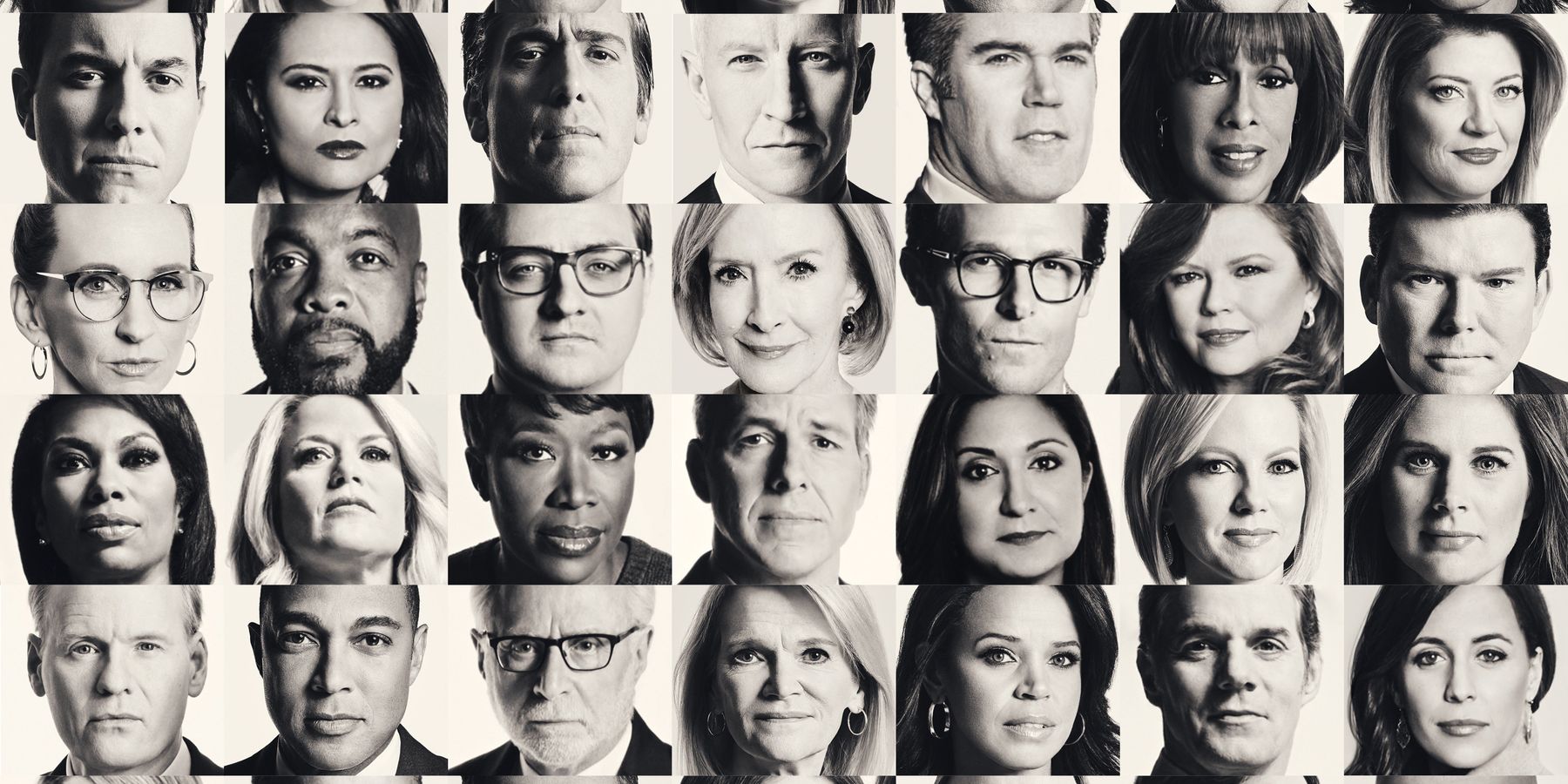
Break the Internet ®
42 On-Air Journalists Talk Working in the Age of Fake News
Story by Abby Schreiber and Eliza Weinreb / Photography by Jason Bell
06 December 2018

Story by Abby Schreiber and Eliza Weinreb / Photography by Jason Bell